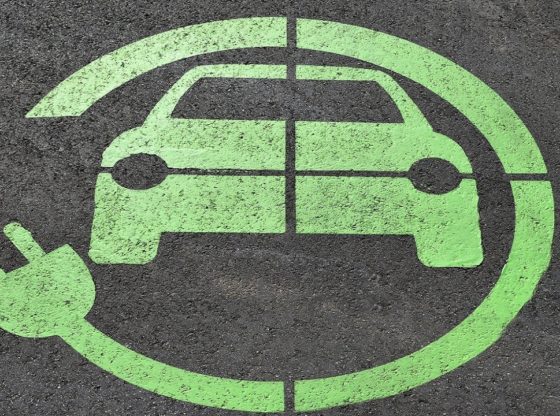For the first time since the Industrial Revolution, a full day has elapsed in Britain without the use of coal to generate electricity, the BBC reports.

It is the first continuous 24-hour coal-free period for Britain since the use of fossil fuels began. The previous record of 19 hours, was set in May last year and was repeated on Thursday.
“Friday 21st April 2017 was the first 24-hour period since the 1880s where Great Britain went without coal-fired power stations,”
– National Grid control room said in a Twitter post confirming the achievement announced earlier.
Coal has declined in recent years, accounting for 9% of electricity generation in 2016, down from around 23% in 2015, with coal plants closing or switch to burning biomass such as wood pellets. The UK government plans to phase out the last coal power plant in 2025.
The country is getting half of its electricity from gas power plants, 30 percent from renewables and interconnectors with the remaining 20 percent from nuclear plants solar panels and wind turbines.
According to Gridwatch.co.uk, around half of British energy on Friday came from natural gas, with about a quarter coming from nuclear plants.
Action against climate change is the principal reason for the shift to cleaner energy. European Union members are to meet a target of generating 20 percent of their energy consumption from renewable sources by the end of the decade.
Britain became the first country to use coal for electricity when Thomas Edison opened the Holborn Viaduct power station in London in 1882. A major change in the metal industries during the era of the Industrial Revolution was the replacement of wood and other bio-fuels with coal.











![OpenAI. (2025). ChatGPT [Large language model]. https://chatgpt.com](https://www.illustratedcuriosity.com/files/media/55136/b1b0b614-5b72-486c-901d-ff244549d67a-350x260.webp)
![OpenAI. (2025). ChatGPT [Large language model]. https://chatgpt.com](https://www.illustratedcuriosity.com/files/media/55124/79bc18fa-f616-4951-856f-cc724ad5d497-350x260.webp)
![OpenAI. (2025). ChatGPT [Large language model]. https://chatgpt.com](https://www.illustratedcuriosity.com/files/media/55099/2638a982-b4de-4913-8a1c-1479df352bf3-350x260.webp)








